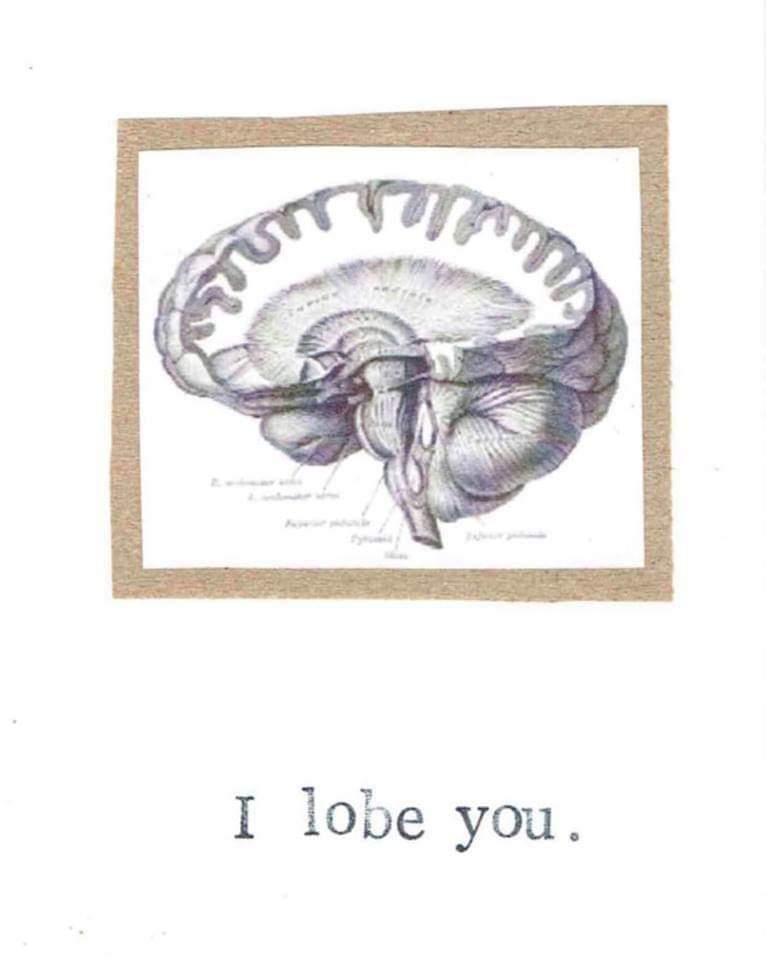Open arms? Parental over-protectivity (Part I)

Masie is a 6 years and 8 months old girl who was referred to our clinic for an Occupational Therapy assessment. I read her file, like I always do before the assessments, and I see no diagnosis, no educational and health care plan, no learning difficulties, and she is fully independent with her basic life skills. The only concern from parents and teachers was anxiety. Separation anxieties, some specific phobias and fear to be sleeping in her own bed at nights. And I’m thinking to my self ‘Why was she then referred for an OT assessment?
I meet Masie in clinic, I have a quick chat with her parents (mum and dad were both present) who inform me that they just want to rule out the possibility that Masie presents with underlying sensory or motor difficulties that impact on her emotional regulation and then to focus on the psychological areas more – meaning that Masie is to be assessed by a psychologist as well.
Well, the assessment was an easy going one. Masie followed all instructions and completed all standardised assessments. But looking on the video a few hours later, to do my clinical analysis and start writing her report, I realised that there was a key moment that, fortunately, was caught on the video, that it might help us explain what we read in the pre-assessment questionnaires around separation anxiety
So, there was a moment that Masie was copying the assessors’ demonstrations (during ‘Sequential Finger touching’ from J. Ayres Clinical observations) and she struggled to co-ordinate the movements involved to touch her fingers to her thumb in a sequential manner, using one hand alone and with both hands together. So, I showed this one more time and she failed to complete it with the correct sequence she observed it, but she would not give up and would try a couple of times to correct her movements. I turned to write some notes on my papers on the desk, and the camera caught Masie to take a look on her mum’s reaction after this ‘little’ failure. So, mum felt a bit sorry for her daughter’s failure, moved her hands wide open so that Masie finds consolation and although initially Masie looked fine with her ‘little’ failure, her facial expressions completely changed when she saw the open wide cuddle from her mum that was ready there for her. So, Masie burst into tears and run to her mum. The repair-time took about 2 minutes to finish, and after that Masie struggled to come back and complete some last subtests that were left before the end of the assessment.
I showed this small moment of the assessment’s video to Elizabeth, our clinic’s head psychologist, and we were wondering, what differently could mum have done not to ‘feed’ this emotional outburst.
Hold a ‘still face’?
Thumbs up?
Say 'everything is alright, You're doing great'?
Pretend you are doing something else?
Or follow your parental instinct and open your arms?
